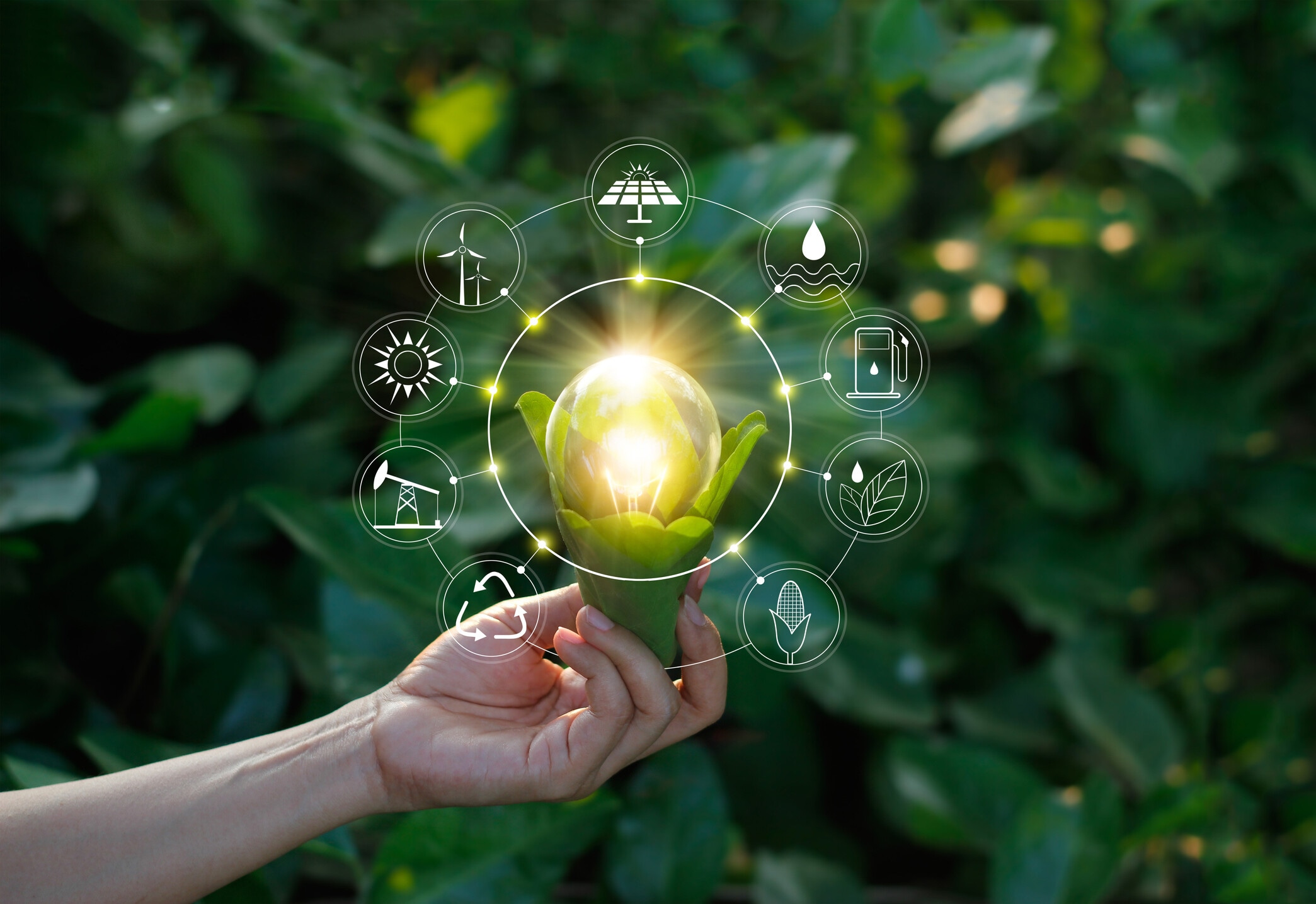Three steps to clean up electric vehicle supply chains

Too little attention has been paid to the lithium-ion batteries powering electric vehicles. Image: REUTERS/Jean-Paul Pelissier

Get involved with our crowdsourced digital platform to deliver impact at scale
Stay up to date:
Automotive and New Mobility
Much has been said about the importance of electric vehicles (EVs) in the fight against climate change, and rightly so. Combined, the petrol and diesel cars on our roads are responsible for around 20% of global carbon dioxide emissions. Electric vehicles, by contrast, have zero tailpipe emissions and are key to tackling both climate change and poor air quality in our towns and cities.
Too little attention, however, has been paid to the lithium-ion batteries powering the some 30 million EVs expected globally by 2025, and their essential ingredient: cobalt. Cobalt prevents EV batteries overheating and helps maintain capacity as they are charged and recharged.
But colbalt usage in lithium-ion batteries presents a number of challenges, which makes it harder for vehicle manufactures to lower EV costs.
It is also very rare. The Democratic Republic of Congo (DRC) is responsible for around 72% of cobalt produced globally. Crucially, around 30% of cobalt from DRC is produced not in mines run by tightly regulated global mining firms – it is taken out the ground in small “artisan” mines, which have been linked to child labour and human rights abuses by Amnesty International, among others. In June, 43 artisan miners died in the DRC when terraces overlooking a large copper and cobalt pit in an industrial mine collapsed.
These are serious issues facing an automotive industry already mired in scandal and still reeling from diesel-gate. If we’re going to prevent the next great automotive scandal, we need to take action now to maintain the electric vehicle industry’s social licence to operate. This is vital to maintaining consumer support for a clean mobility revolution that is still very much in its infancy.
Transforming Markets
What then is to be done? As a member of the World Economic Forum’s Global Battery Alliance – a group of multinational companies, governmental and non-governmental organizations working towards a socially responsible and environmentally sustainable battery industry – LeasePlan is asking policymakers at the upcoming UN Climate Week in New York to implement three key actions.

1. Standards across the supply chain
Strict standards need to be developed and implemented across the electric vehicle battery value chain – from mineral sourcing, to manufacturing, to end of life.
These standards should cover environmental, social and economic indicators and be developed by industry and regulators, together with civil society and international dimensions.
The Global Battery Alliance is developing a “battery passport” – a platform to enable traceability and protected access to data, which could enable key circular economy actions, such as extending the life of batteries, second use of batteries, and recovery of materials for a new battery. The passport would enable circularity across borders, and help verify compliance with human rights, as well as social and environmental standards, across a battery’s lifespan.
2. Transparency over cobalt use
The big car makers need to disclose where they are getting their cobalt from, how it has been mined and processed, and by whom. This would enable regulators and civil society organizations to identify any risks associated with cobalt production.
The cleansing effects of transparency would also drive up standards in both industrial and small-scale artisan mines, as companies within the automotive supply chain would be forced to carry out ongoing checks regarding cobalt extraction, transport, sale and processing.
What is the World Economic Forum’s Sustainable Development Impact summit?
3. A circular model
There needs to be serious thought given to how we can manufacture electric vehicle batteries in a context in which supply of key materials is severely constrained. Some 11 million tonnes of spent lithium-ion batteries are forecast to be discarded by 2030, so, in our view, they need to be designed with circular economy principles in mind.
Unless we design batteries for reuse and re-manufacture, we will not have enough of the right materials to keep up with global electric vehicle demand. Moreover, developing a circular economy for batteries is critical to ensuring that electric vehicles help us achieve the Paris Agreement goals, through the transportation and energy sectors.
Collectively, we are very powerful as consumers and buyers of electric vehicles. We should use that power to address the dirty secret at the heart of the clean mobility revolution.
Don't miss any update on this topic
Create a free account and access your personalized content collection with our latest publications and analyses.
License and Republishing
World Economic Forum articles may be republished in accordance with the Creative Commons Attribution-NonCommercial-NoDerivatives 4.0 International Public License, and in accordance with our Terms of Use.
The views expressed in this article are those of the author alone and not the World Economic Forum.
Related topics:
The Agenda Weekly
A weekly update of the most important issues driving the global agenda
You can unsubscribe at any time using the link in our emails. For more details, review our privacy policy.
More on Emerging TechnologiesSee all
James Fell
April 26, 2024
Alok Medikepura Anil and Uwaidh Al Harethi
April 26, 2024
Thomas Beckley and Ross Genovese
April 25, 2024
Robin Pomeroy
April 25, 2024
Beena Ammanath
April 25, 2024
Muath Alduhishy
April 25, 2024






